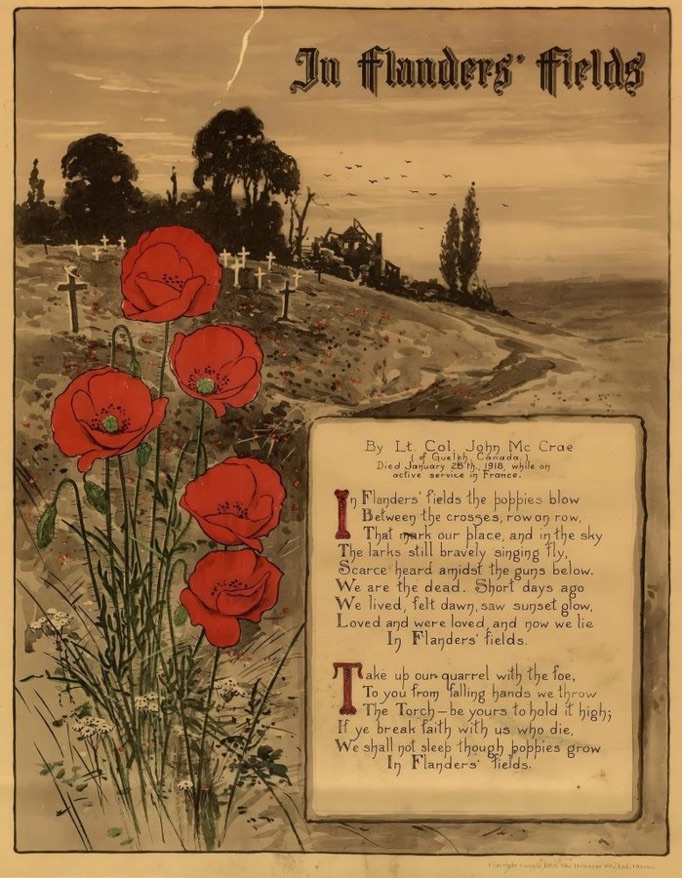Category: Canadian history
-

eighty years ago, the Second World War came to an end. More than one million Canadians served in that conflict, and over 45,000 never returned home. Our soldiers stood firm against tyranny. They fought from Juno Beach in Normandy to the defense of Hong Kong. Their efforts continued through the long and challenging campaign to…
-
These videos encourage Boomer and Gen X parents to vote Conservative. They highlight the need to restore the promise of their generations. If you’re under 40 now, you’re more to vote for the conservative party. This is another example of changing voting patterns among different generations.
-
Today is the 108th anniversary of the Battle of Vimy Ridge. Four Canadian divisions fought together for the first time, and this event helped shape a nation. About 3,600 soldiers lost their lives, and we remember them—lest we forget. “At 5:30 am, that call of duty and honour propelled the first 15,000 of their ranks…
-
Here is a part of the speech delivered by Pierre Poilievre, leader of Canada’s Conservative Party, on April 2. I will protect our border and our security. I will protect our resources. I will protect our farmers, including our supply-managed farmers. I will also protect our fresh water and our automotive workers. Also off the table: our…
-
This is an interview with Bob Plamondon about his new book on John Diefenbaker and his legacy. Stay tuned for a comprehensive breakdown of the book coming soon. Diefenbaker is truly a remarkable Canadian who deserves to be remembered for his significant contributions to Canada.